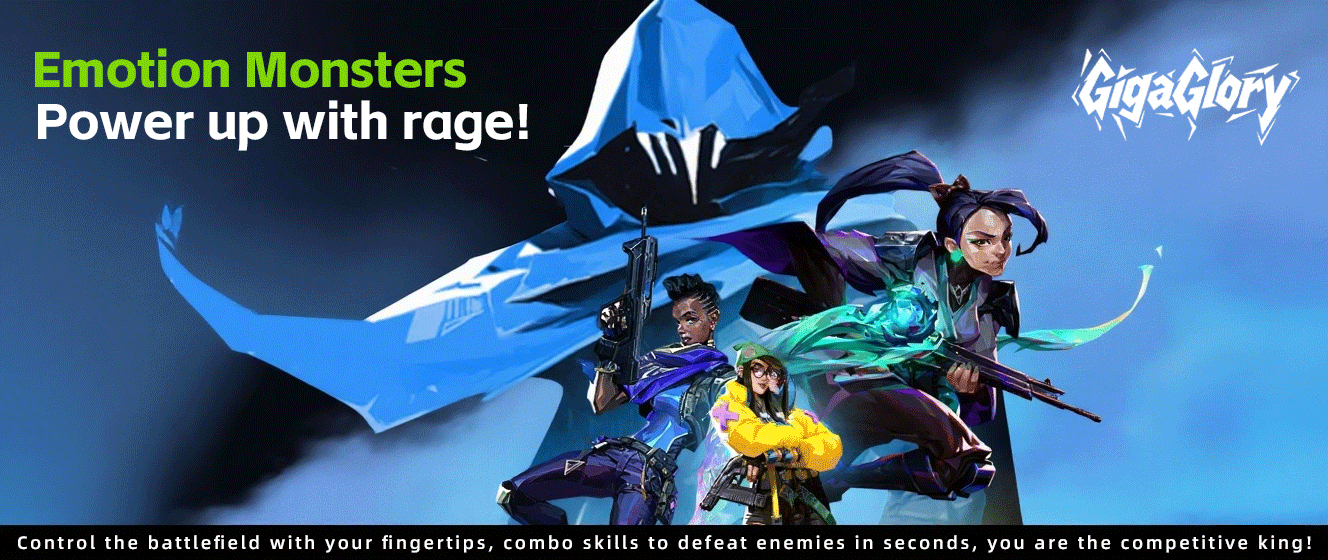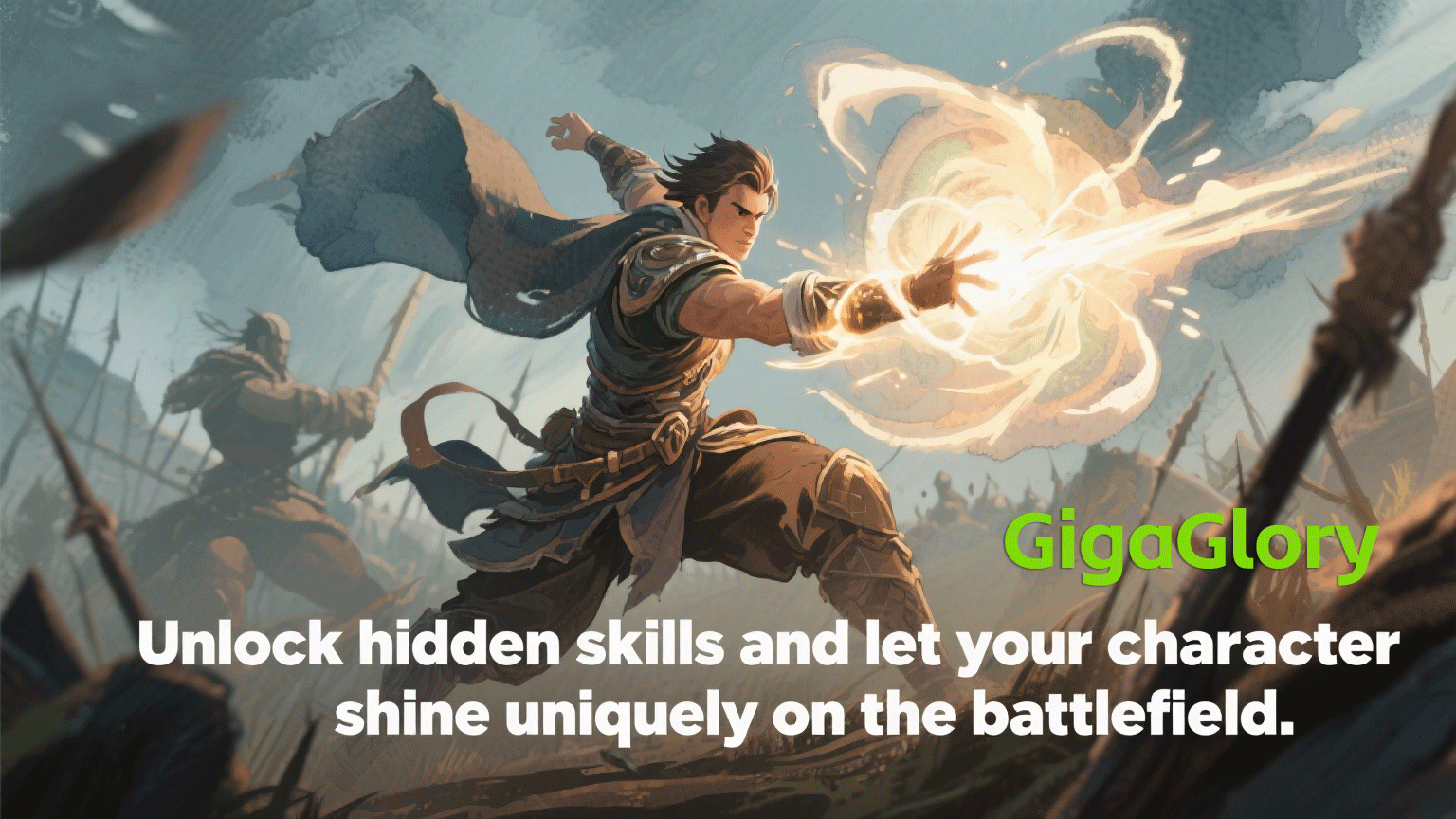Unlocking Fun and Learning: How Educational Games Transform the Classroom Experience
In the ever-evolving landscape of education, it has become increasingly clear that traditional teaching methods alone may not suffice. Enter educational games, a transformative tool that has revolutionized the classroom experience. These games not only make learning enjoyable but also enhance student engagement, retention, and understanding. Let's explore the myriad ways these games, including intriguing concepts like 3D sex games with story, and the accessibility of what RPG games can reshape education.
The Importance of Educational Games
Why should we consider educational games as a vital component of the learning process? Here are a few compelling reasons:
- **Enhances Engagement**: Games naturally captivate students' attention.
- **Promotes Active Learning**: Learning becomes an interactive experience.
- **Facilitates Collaboration**: Many games encourage teamwork and communication.
- **Encourages Critical Thinking**: Challenges in games stimulate problem-solving skills.
Types of Educational Games
Various forms of educational games can be integrated into the curriculum:
| Type | Description | Example |
|---|---|---|
| Board Games | Traditional games adapted for learning. | Scrabble with vocabulary themes. |
| Video Games | Digital games focused on educational content. | Math Blaster. |
| Role-Playing Games (RPG) | Interactive games that allow players to assume characters. | What RPG games focus on historical themes. |
| Simulations | Real-life scenarios recreated for instructional purposes. | SimCity for urban planning. |
| Augmented Reality (AR) Games | Games that blend real and virtual worlds for immersive learning. | Pokémon GO for geography lessons. |
How Educational Games Affect Learning Outcomes
The influence of games on student learning can be profound:
- Improved Retention Rates: Games reinforce concepts through repetition and active involvement.
- Increased Motivation: The competitive element in games can motivate students to strive for better understanding.
- Immediate Feedback: Players receive real-time information about their choices, aiding in quicker learning.
Incorporating Educational Games into the Curriculum
Instructors can creatively embed games into their lessons:
- Use Games as Icebreakers: Start with a short game to foster a comfortable classroom environment.
- Create Game-based Assessments: Assess knowledge through game formats rather than traditional tests.
- Collaborative Projects: Group students to design their own educational games based on the curriculum.
Challenges of Using Educational Games
Despite the benefits, challenges do arise when implementing these strategies:
- Resource Limitations: Not all classrooms have access to technology required for digital games.
- Lack of Training: Teachers may not feel equipped to incorporate games into lessons effectively.
- Distraction Risks: Some games may lead to disengagement if not monitored appropriately.
Success Stories of Educational Games
Many educational institutions have successfully integrated games into their teaching methods. Take for example:
"In a recent initiative, a local high school introduced 3D sex games with story concepts into their health curriculum, and engagement scores soared by 40%. As students discussed topics openly, their comfort level increased tremendously."
The Future of Educational Games
As technology continues to advance, the future of **educational games** seems promising. We can expect:
- Greater Variety: Expansion in game types allows wider options for different learning styles.
- AI Integration: Artificial Intelligence could create tailored learning experiences.
- Global Connectivity: Multiplayer games can connect students from various regions, fostering cross-cultural collaboration.
Conclusion
In summary, the infusion of educational games into classroom settings represents a significant step towards modern, effective pedagogy. By understanding different game types, recognizing their vast benefits, and addressing potential challenges, educators can create dynamic learning environments. This transformation is not just a trend; it is the future of education, where fun intertwines seamlessly with learning. Therefore, embracing educational games is not just beneficial—it's essential.



